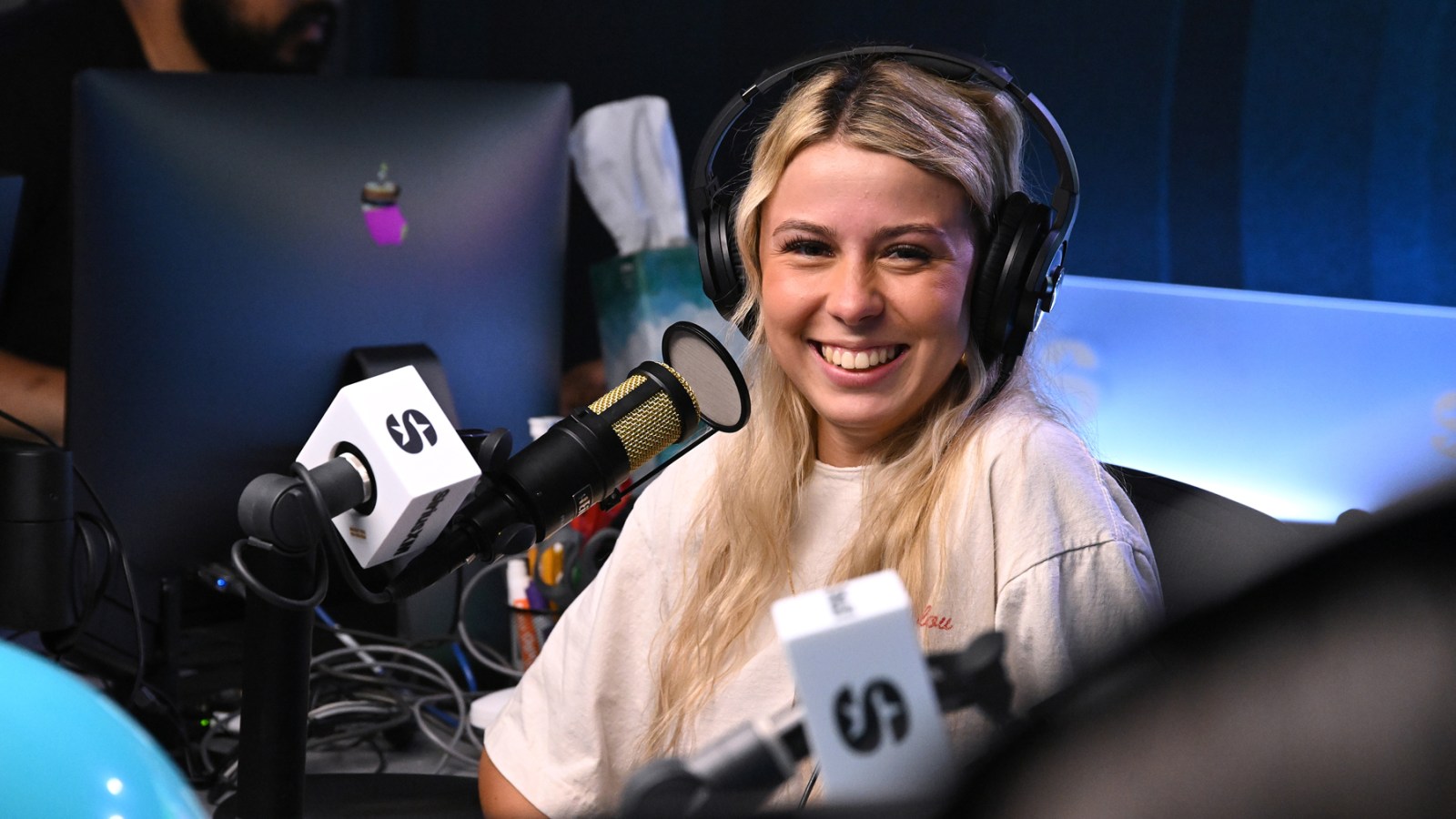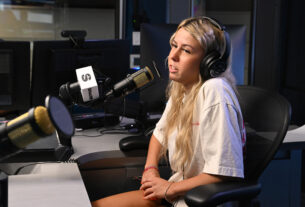- Illicit HuiOne Telegram Market Surpasses Hydra, Hits $24 Billion in Crypto Transactions
- Trump to set the course for cryptocurrency market this year with his cabinet
- Warning Crypto Investors—This Malicious Code Could Empty Your Wallet
- Bitcoin’s Supercycle, Crypto’s Capitol Breakthrough, And More: This Week In Crypto – Grayscale Bitcoin Mini Trust (BTC) Common units of fractional undivided beneficial interest (ARCA:BTC)
- Bitcoin CME Futures Pushes Above $100,000, BTC Price Now In The ‘Bull Zone’
First comes fame, then the cryptocurrency — then the lawsuit.
Haliey Welch, a Tennessee native who was launched to internet stardom this summer thanks to a street interview in which she pantomimed spitting during oral sex (thus earning the onomatopoeiec nickname “Hawk Tuah Girl“), managed the rare feat of remaining in the spotlight for months after her viral breakout. She founded an animal charity, racked up millions of social media followers, went to the top of the charts with her podcast Talk Tuah, and even threw out the opening pitch at a Mets game. She was America’s sweetheart, and it seemed that she was here to stay.
But earlier this month, disaster struck when Welch released $HAWK, a cryptocurrency based on her valuable personal brand. Such crypto assets, known as “meme coins,” are known as volatile investments, and tend to trade according to the boom-and-bust cycles of the online phenomena that inspire them. Welch’s coin, developed by partners running a foundation out of the Cayman Islands, spiked in value when it debuted only to crater within hours, plummeting more than 90 percent from a market cap of nearly $500 million to under $30 million.
Welch and her partners — Alex Larson Schultz, who goes by “Doc Hollywood” online, and Clinton So, whose platform overHere made the $HAWK offering — held an audio Spaces event on X (formerly Twitter) that night, trying to counter allegations of a scam. They faced tough questions from investors in the crypto scene and Stephen Findeisen, the YouTuber renowned for investigating crypto fraud under the handle Coffeezilla. Welch herself was almost completely silent for the hour-long conversation as Schultz and So repeatedly denied coordinating a pump-and-dump or “rug pull” scheme in which a cluster of wallets that originally held the vast majority of the overhyped $HAWK unloaded it in a coordinated fashion, leaving other investors with a worthless asset.
The call came to an abrupt end when Welch interrupted to say that she was going to bed, a sign-off that quickly became part of her meme lore, in part because she then vanished from public view. No new episodes of Talk Tuah were released, and Welch’s social media accounts went dark. Crypto traders enthusiastically speculated that Welch could be in serious legal trouble, joking that she would go straight “tuah” jail, or at the very least “talk tuah” judge. At least one investor filed a complaint with the Securities and Exchange Commission.
It took two weeks for Welch to address the fiasco again. On Friday, she posted on X, acknowledging that a class action lawsuit was in motion. But the suit only names Schultz and So, along with overHere and the Caymans-based Tuah the Moon Foundation. “I take this situation extremely seriously and want to address my fans, the investors who have been affected, and the broader community,” Welch wrote. “I am fully cooperating with and am committed to assisting the legal team representing the individuals impacted, as well as to help uncover the truth, hold the responsible parties accountable, and resolve this matter.” She advised those who had lost money on $HAWK to contact Burwick Law, the firm that filed the suit against Schultz and So, and advertised its services on X in the immediate aftermath of the coin crash.
The suit includes a dozen plaintiffs who claim to have collectively lost more than $150,000. It alleges that the defendants “leveraged Welch’s celebrity status and connections” and “created a speculative frenzy” in order to jack up the coin’s price as trading began, luring in “first-time cryptocurrency participants” who were drawn to the project as fans of Welch. The complaint contends that Schultz and So violated securities laws, and even indicated their efforts to skirt those laws on the Spaces call. It notes, too, that $HAWK was never registered with the SEC.
The choice to go after Welch’s collaborators rather than the self-described “Queen. of Memes” herself suggests what many observers have already assumed: that she played no meaningful role in how $HAWK was conceived or distributed, serving merely as a face to market the token. As Coffeezilla reported, Welch had received an up-front payment of $125,000 to promote the coin to her community, along with 50 percent of net trading proceeds after operating costs paid to third parties. This is in addition to owning 10 percent of the entire $HAWK supply, which she cannot sell for a year. Whether those stakes will amount to anything is anyone’s guess.
The nature of Welch’s cooperation with Burwick Law is also unclear, but presumably she has a digital paper trail to prove that she was deceived or misadvised by her crypto partners — if indeed that is the case. Such material would likely bolster the lawsuit’s allegations of securities violations.
For now, it seems Welch is off the hook, and may even get to keep her sponsorship fee for participating in the $HAWK disaster. As for whether she can get her influencer career back on track, well, she wouldn’t be the first to weather a major crypto scandal — just don’t expect her to dish about it if and when her podcast returns. Curiously enough, Welch’s first public statement since she logged out of the contentious Spaces call in early December has boosted the price of $HAWK, briefly giving it a market cap above $20 million before its value dipped again. The coin is currently worth less than $0.002, but people are still buying and selling it. Further proof that in the blockchain economy, some people just can’t resist the long shot.
Nguồn: https://gapinsurance.click
Danh mục: News




